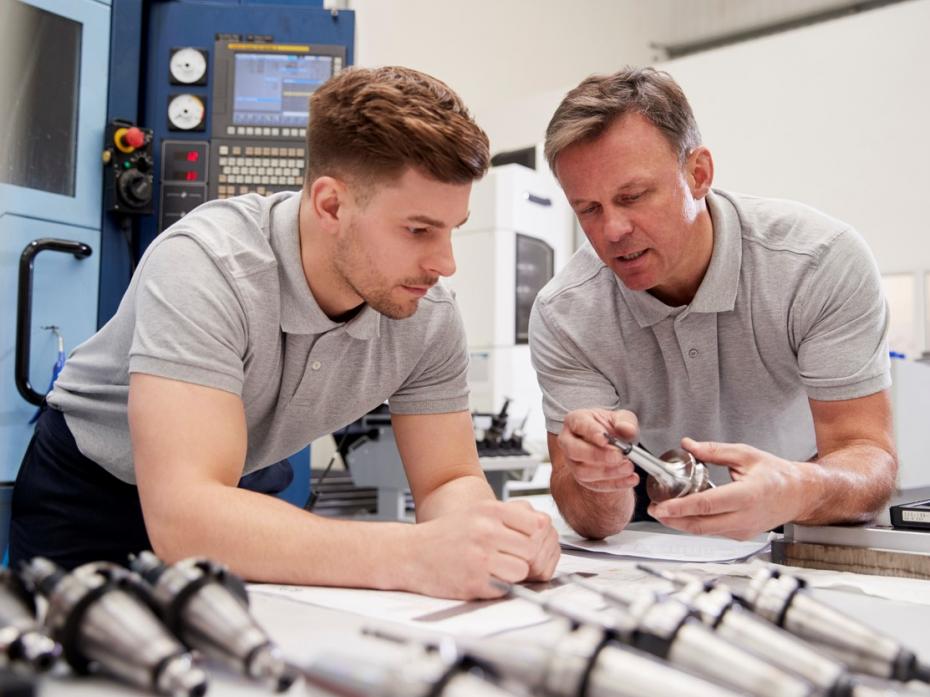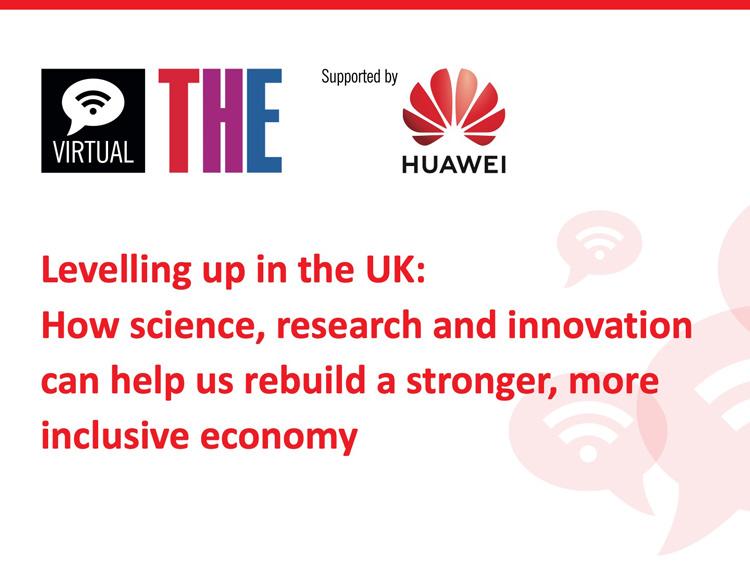Working in partnership with businesses should come naturally to universities. After all, we’re training millions of students across the UK every year to become “work-ready” graduates, emerging from their respective studies with specialist knowledge and keen ambition.
And yet almost half of university students reportedly feel they’re not ready for work and say they face key employment barriers, from difficulty accessing work experience to a lack of suitable jobs.
A recent poll of 7,000 graduates and students, by Prospects and Jisc, found that 45 per cent of university students felt they were “not at all” or “not very” prepared to get a job, and just over a third of college and sixth form students surveyed gave the same responses.
- Five tips to enhance your institution’s civic engagement by working with public libraries
- Universities must follow business and place ‘purpose’ front and centre
- External engagement in academia: lessons from the business world
From the employer side, research from the Chartered Management Institute (CMI) found that nearly 80 per cent of companies believe graduates aren’t work-ready and feel this gap is only going to become more apparent in a hybrid-digital world.
However, the most striking headline from this report is “Employer involvement is crucial to embedding employability, but students, universities and employers find it hard to connect.” How true.
According to the CMI findings, 48 per cent of students either did not know if their university experience had connected them with future employers or only thought this had happened to a small extent.
The argument made is that this is not a problem of individual universities, employers or students, but the mechanisms of all are failing to connect their collective objectives. Business schools and other academic areas prominently claim close industry links, but the reality can often prove very different.
So what’s behind this grand disconnect and how can these problems be solved? It should be noted I’m not personally immune from these challenges, having spent the past year working on an initially difficult, but ultimately successful project with external partners looking at how assistive technology could help vulnerable people live independently at home for longer.
When it comes to the barriers that impede universities’ interactions with industry, it’s worth realising that “the first step in solving any problem is recognising there is one”. If we want students to be well positioned for graduate jobs, then academics must foster strong business connections and develop real-world project experience to help pave the way themselves.
In some instances, higher education institutions seem to believe their fame precedes them and that companies should be grateful for any offer made. Sometimes university representatives are too busy or, in some cases, too shy to make contact. To help address these issues it’s worth considering coordinated step changes than can make a real difference to relationships. Here are three suggestions to move matters forward:
Proactive communication
University research teams should identify and champion their best academics and most promising work to meet the needs of industry. It’s also important to identify the right people in relevant companies to engage with, and this should be proactively managed alongside often limited time and resources.
Experience suggests that no one wants a transactional model that requires renegotiation every time a new piece of research or project is considered. The better option is a resilient and cooperative relationship approach that allows everyone to remain connected, from initial research through to the development of new products and ideas promoting social, economic and technological growth.
It’s also important, depending on whether the issues at stake are governed by sensitive non-disclosure requirements, to communicate with the stakeholders who will be most interested in and impacted by project impacts and outcomes.
In the aforementioned project I was involved in, we engaged the services of a PR professional whose work proved invaluable in encouraging responses to initial research, showcasing progress to internal stakeholders, industrial partners and peers during the work, and highlighting outcomes and potential to funders and other key decision-makers at the conclusion of phase one.
Focus on flexibility
Industry partnerships never present a one-size-fits-all option. Research might take place at the university and then be commercialised externally. On other occasions the process starts alongside the research phase.
Government grants may be available to fill gaps if private funding is unavailable and can contribute towards important product or technological development.
Knowledge or technology transfer teams can prove ideal in helping universities and prospective industry partners negotiate and develop grant applications at speed, assist in quick company growth and locate necessary funding.
Also, a word on decision-making and speed: the experience of working with large corporations can sometimes involve a glacial pace of action while questions and answers are passed up and down a very long chain. Be prepared to wait, press and cajole, and consider what else can be achieved while waiting.
Develop institutional processes
Organisations tend to focus on one-off projects, but a more extensive and cooperative model will allow companies to stay connected with higher education institutions and adopt longer-term research collaborations around areas of interest.
This helps reduce the length of breaks between the end of a project, at which point everyone involved has revelled in its outcomes and great successes, agreed it should definitely lead on to a bigger and better phase, and then – silence. Months pass as ideas, funding, strategy and willpower are all achingly put into place, as though starting for the first time rather than capitalising on the initial momentum.
Licensing agreements can be negotiated in advance, clarifying splits on any emerging intellectual property. Funding of PhD candidates or researchers studying difficult societal problems or areas of new technology can be decided. KPIs and leadership responsibilities can be put in place. In short, quick wins and long-term planning is a must.
The most important outcome from all this collaborative energy and focused effort is that academia, students, graduates, society and industry will all benefit from a stream of previously unattainable advances in computing and engineering, arts, social sciences, health, environmental sciences, business and more – a worthy goal that will ultimately improve all our lives.
Salah Al-Majeed is deputy head of the School of Computer Science at the University of Lincoln.
If you found this interesting and want advice and insight from academics and university staff delivered direct to your inbox each week, sign up for the THE Campus newsletter.




comment